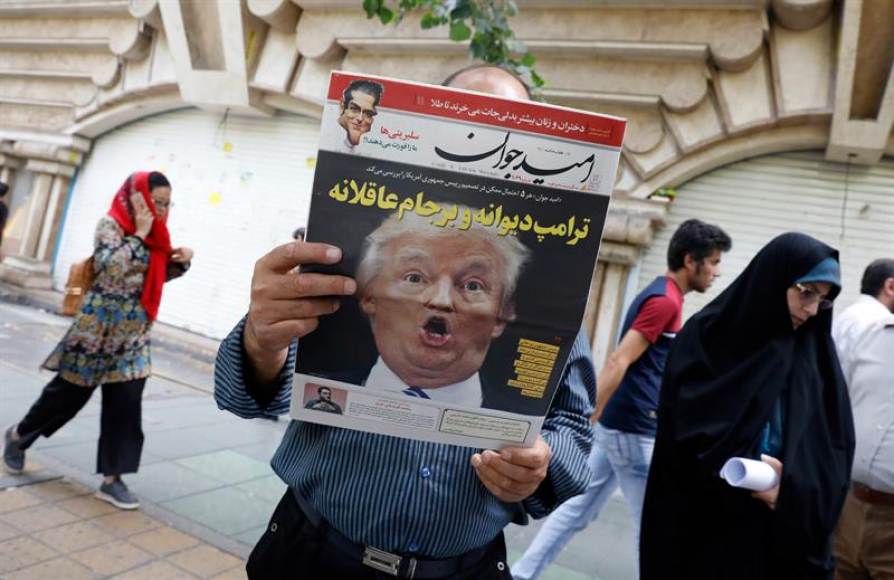
Dan Steinbock, Founder, Difference Group
Jan 15, 2018
What is going on in Iran? Iran's protests reflect intense debate about new economic policies and priorities, particularly trade-offs between economic development, political consolidation and regional prestige. Escalation suggests U.S. efforts at regime change, as Iran is increasingly looking toward the east and development opportunities with China.
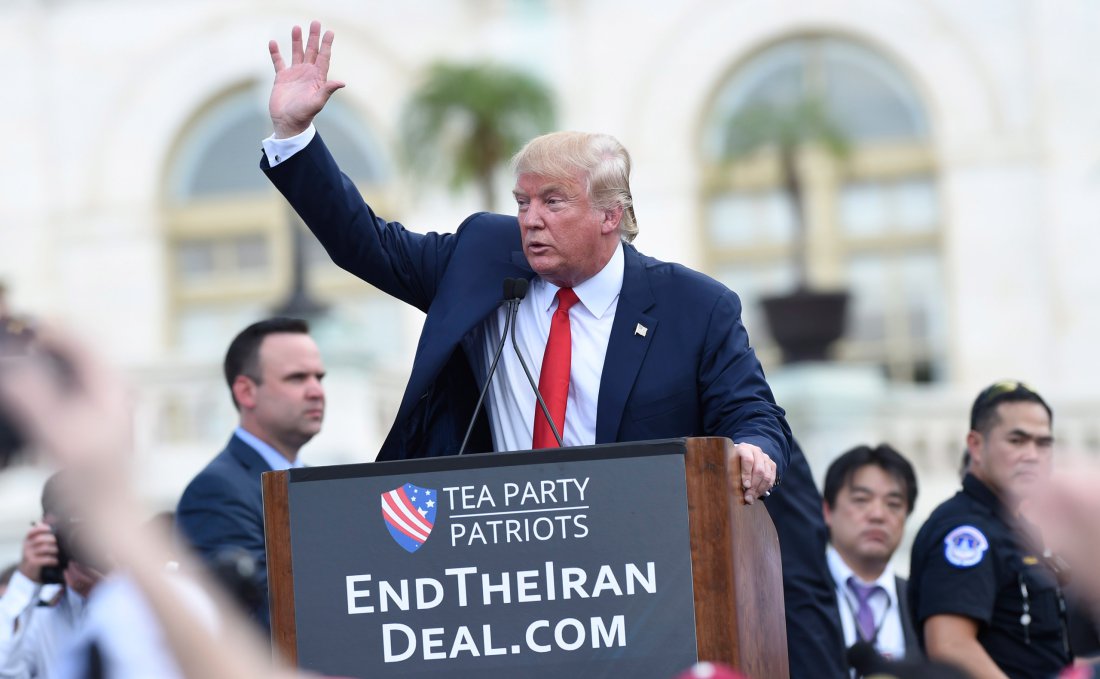
Wu Zhenglong, Senior Research Fellow, China Foundation for International Studies
Oct 24, 2017
Trump's approach on Iran will create uncertainty and open new rifts in trans-Atlantic relations.
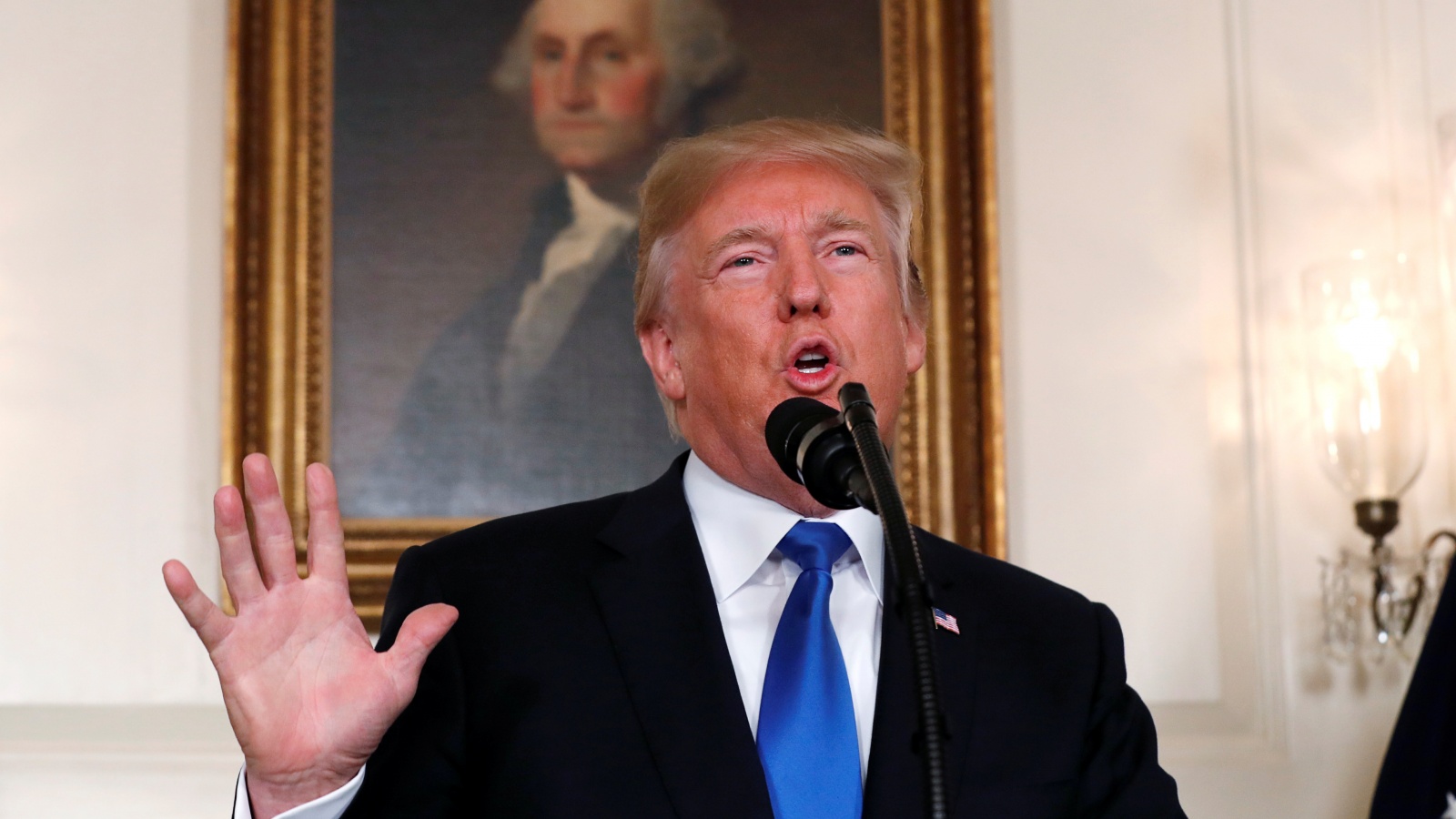
Jin Liangxiang, Senior Research Fellow, Shanghai Institute of Int'l Studies
Oct 24, 2017
Trump’s new strategy might have little legal effect on the Iran nuclear deal, but it will undermine it politically, and exacerbate many regional problems.
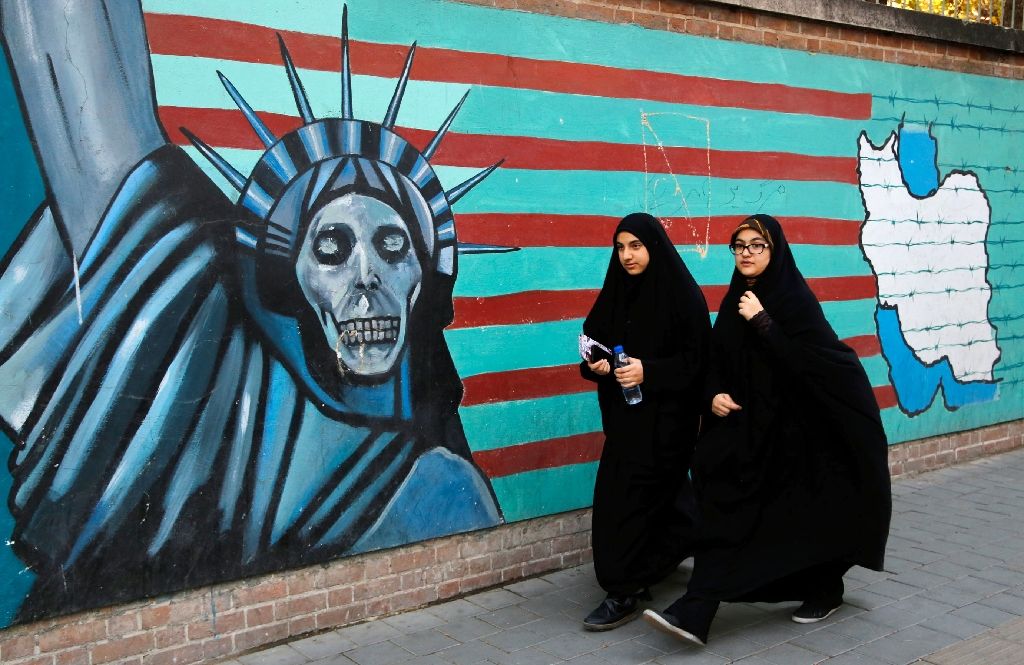
Jin Liangxiang, Senior Research Fellow, Shanghai Institute of Int'l Studies
Aug 14, 2017
The election of Hassan Rouhani could serve as a turning point for Iran both domestically and internationally. With a moderate politician leading this important nation, the time for the U.S and China to engage and reintegrate Iran into the international system is now; otherwise, the Middle East will continue to be plagued by violence.
He Wenping, Senior Research Fellow, Charhar Institute and West Asia and Africa Studies Institute of the China Academy of Social Sciences
Dec 20, 2016
If the US should abandon or violate the Iranian nuclear accord, an agreement reached after years of negotiation and with consent of European allies, the results would only be negative for the US in terms of its international image, moral high ground and Trump’s start on diplomatic front. Such a move would signal to the world that the US cannot be trusted.
Li Shaoxian, President, China Institute for The Study of Arabian Countries, Ningxia University
Aug 24, 2015
The Iranian nuclear deal, formally known as the Joint Cooperation Plan of Action, is attributable to foreign policy adjustments by both the US and Iran, and the decision to meet each other half way.
Wu Sike, Member on Foreign Affairs Committee, CPPCC
Aug 20, 2015
The recent agreement hammered out by major powers, the UN and Iran set a powerful example for resolving regional and international problems. The hard work is far from over, as suspicion lingers in Washington, Tehran and some Arab capitals, but the success so far shows that difficult issues can be resolved through negotiation when all parties are sincere about achieving a result.
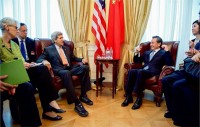
Richard Weitz, Senior Fellow, Hudson Institute
Jul 31, 2015
Although the recent Iran nuclear agreement is welcome, China and the U.S. have important tasks to perform to keep Iran from becoming a real, as opposed to a virtual, nuclear weapons state. The Iranian model will not apply to Korea and other proliferation challenges given the different elements of these threats.
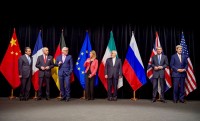
Yang Jiemian, Senior Fellow and Chairman of SIIS Academic Affairs Council
Jul 28, 2015
As the world becomes increasingly multi-polar, there has been much discussion of a new model for major-power relations and how they might shape a modern world order. The recent breakthrough in negotiations with Iran shows that the idea is moving from rhetoric to reality.
Wu Zurong, Research Fellow, China Foundation for Int'l Studies
Jul 23, 2015
The most fundamental driving force for the pact is the profound and deepening development toward a multipolar world. Economic globalization has closely integrated the interests of all countries, and the conception of a community of common destiny for all mankind has taken root, replacing the sort of unilateralism most recently practiced by the United States.
Back to Top

- China-US Focus builds trust and understanding between the U.S. and China through open dialogue among thought leaders.
- Our Offerings
- Topics
- Videos
- Podcasts
- Columnists
- Research Reports
- Focus Digest
- Stay Connected
-
Thanks for signing up!
- Get the latest stories from China-US Focus weekly.